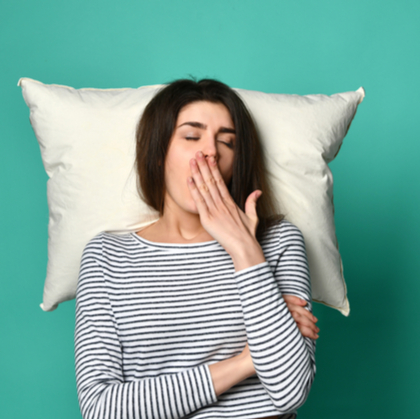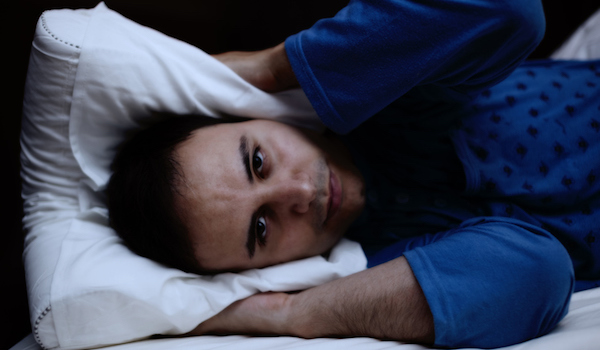
Having less sleep than you’d like doesn’t cause any harm. It helps to stop expecting a set amount of sleep every night. Paradoxically, this emotional state contributes to keeping them awake, starting a vicious cycle. People who suffer from insomnia are normally frustrated or annoyed by it. Idiopathic insomnia – sleeplessness without a known cause, formerly called childhood onset insomnia.

SEVERE INSOMNIA HELP PROFESSIONAL
Long-term chronic insomnia needs professional support from a sleep disorder clinic. Self-reported sleeping problems, dissatisfaction with sleep quality and daytime tiredness are the only defining characteristics of insomnia. This may be caused by difficulties in either falling or staying asleep. It means being concerned with how much you sleep or how well you sleep. Most people successfully restore good sleep after two or three months of CBT-I.Insomnia is a symptom, not a disease. Duke sleep specialists recommend community sleep psychologists who are specifically trained in administering CBT-I. By following a strict set of sleep and wake patterns, CTB-I aims to re-train your brain to sleep when you’re tired and wake up when you’re rested. Duke sleep specialists take extreme care when prescribing these medications to ensure their benefits outweigh any risks.Īlthough medications can help you sleep, they don't cure the underlying cause of insomnia and may not be recommended for long-term use.Ĭognitive behavioral therapy for insomnia (CBT-I) is the most effective treatment for insomnia.

Other sleep medicines can become addictive. Some sleep medications can contribute to abnormal sleep behaviors, like sleep talking or sleep walking. Sleep specialists may recommend medications based on your unique symptoms and contributing factors (such as pain or restless legs, for example). Talk to your doctor before starting new medications.Ī wide range of prescription medications can help you sleep better. Your doctor can help you create a plan that works for your lifestyle.Īlthough some over-the-counter sleep aids can help with acute insomnia, they may have side effects.
SEVERE INSOMNIA HELP FREE
This includes avoiding caffeine and screens before bed, establishing a bedtime routine, and maintaining a comfortable sleeping environment that is free of distractions. The first-line treatment for insomnia is to practice good sleep hygiene. Someone with paradoxical insomnia has an abnormal sense of being awake when they are actually asleep. Paradoxical insomnia: This rarer subtype of insomnia can be difficult to treat.People with psychophysiological insomnia usually feel tired, but when they try to sleep, they feel wide awake. Psychophysiological insomnia: This is the most common subtype of insomnia.Sleep maintenance insomnia describes difficulty staying asleep. Sleep onset insomnia describes difficulty falling asleep. Secondary insomnia is caused by or related to another condition - for example, another sleep disorder like sleep apnea, depression, or anxiety, which are very common in people with insomnia. Insomnia that develops on its own is called primary insomnia.

If it does not improve after about three months (chronic insomnia), it’s time to talk to your doctor. Many adults experience insomnia for a short period of time (acute insomnia) at some point in their lives. Doctors categorize insomnia in several ways to make it easier to understand and treat.


 0 kommentar(er)
0 kommentar(er)
